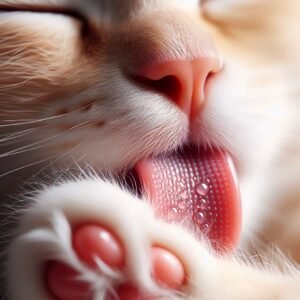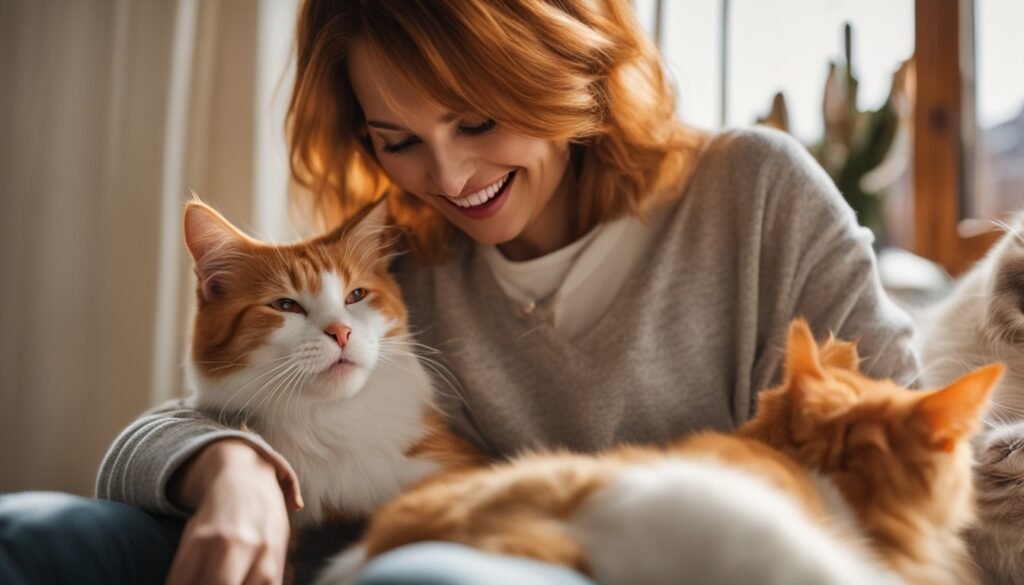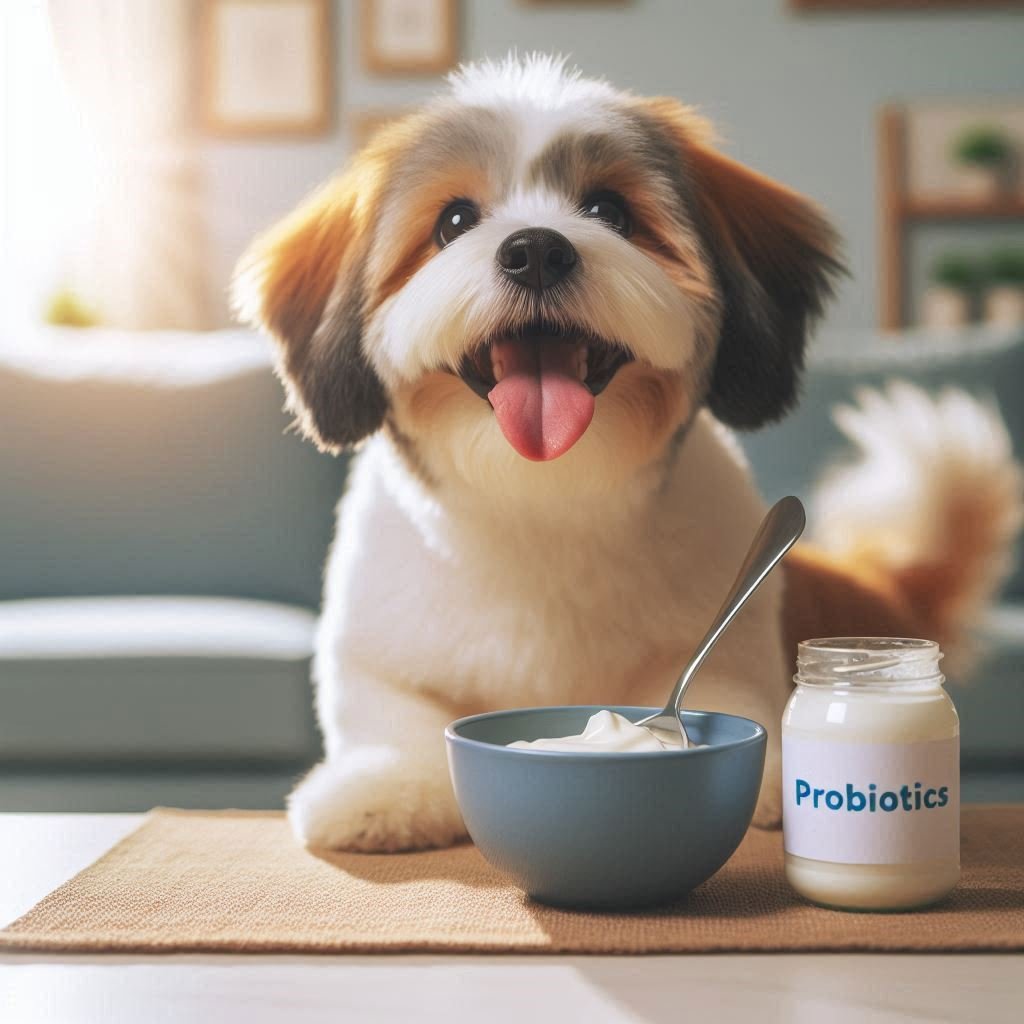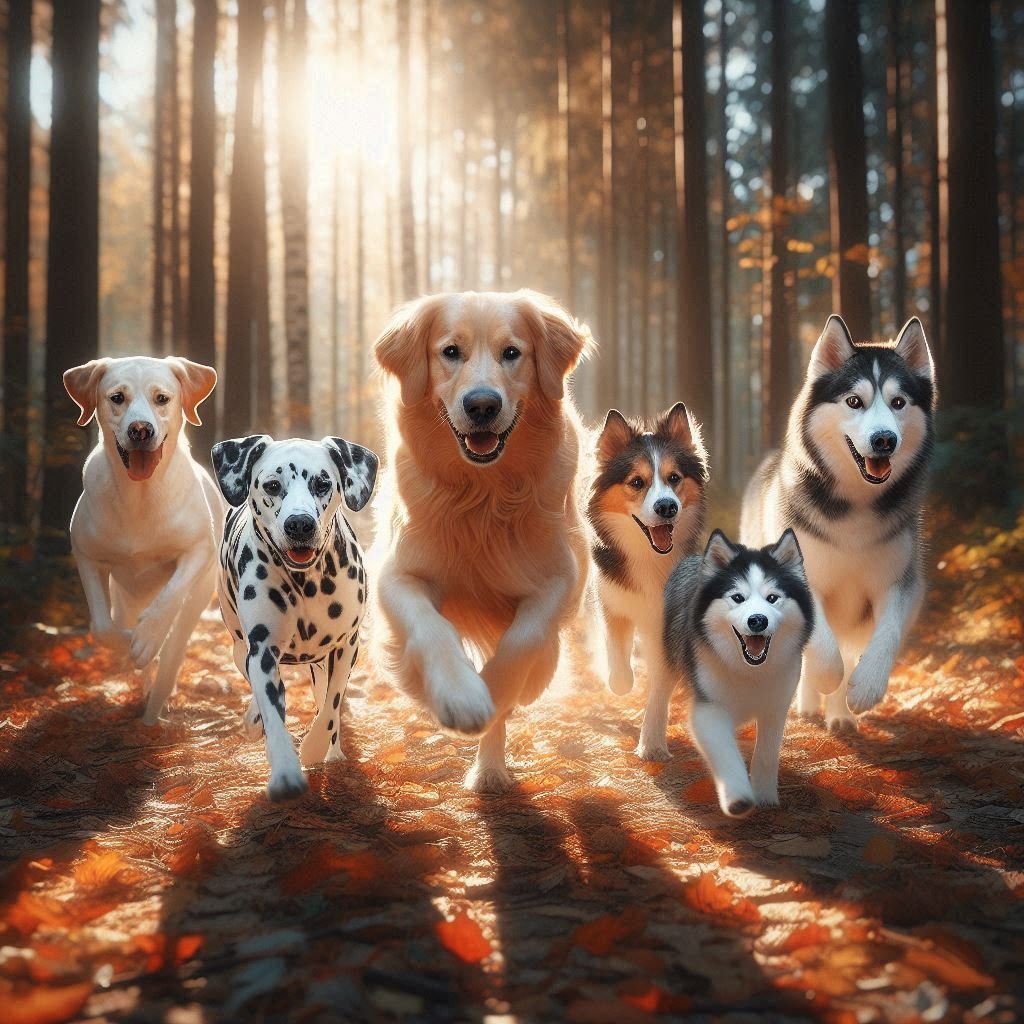Did you know that cats spend about 8% of their day grooming themselves. This is a key part of their health routine. But, many cat owners ask, “Why does my cat lick me?” There are a few reasons why cats might lick their owners.

Key Takeaways
- Cats may lick their owners to express affection, seek attention, or identify the owner as part of their social group.
- Licking can also be a way for cats to relieve stress or anxiety, or it may be related to medical issues.
- Cats’ rough tongues with papillae can potentially transfer bacteria, so it’s important to consider the risks of excessive licking.
- Positive reinforcement techniques and providing alternative outlets for the cat’s grooming instincts can help discourage unwanted licking.
- Environmental enrichment and addressing any underlying causes can help manage excessive licking in cats.
Understanding Cat Licking Behavior
Normal Grooming Habits of Cats
Cats spend a lot of time each day keeping their fur clean and tidy. This cat grooming behavior is a key part of their daily life. Their tongue’s rough texture, with backward-facing barbs, is perfect for cleaning their fur. It removes dirt, debris, and extra fur.
Reasons Why Cats Lick Their Owners
Cats lick their owners for more than just grooming. They may do it to express affection and bond with them, mimicking how they felt as kittens. They might also lick to mark them as part of their social group, a form of cat marking behavior. Sometimes, cat licking behavior can show stress, anxiety, or a need for attention from their owners.
| Reason for Licking | Explanation |
|---|---|
| Expressing Affection | Cats lick their owners to show love and strengthen their bond, similar to grooming their mother or siblings. |
| Marking Territory | Licking marks owners as part of their social group, showing they belong and claim them as their own. |
| Seeking Attention | Some cats lick to get noticed and interact, especially if they feel left out or ignored. |
| Stress or Anxiety | Too much licking can mean a cat is stressed or anxious, and it’s important to help them feel better. |
Knowing why cats lick can help pet owners deal with this common behavior.
Expressing Affection and Bonding
Cats often lick their owners as a way to show love and strengthen their bond. They do this in a way similar to how they groom other cats they feel close to, called allogrooming. This behavior helps them feel connected and trust their owners.
Cats are very social and grooming is key to how they communicate and bond. By licking their owners, they’re showing affection, just like they would with other cats. This shows they want to cat bonds with owner.
Also, cats might lick their owners to cat communication methods, like marking their territory or getting attention. But, when they lick out of love, it often comes with other signs like purring, kneading, or cuddling. Knowing what your cat’s licking means can tell you a lot about their feelings and your bond.
| Behavior | Meaning |
|---|---|
| Licking with purring | Sign of contentment and affection |
| Licking while making eye contact | Demonstrates trust and bonding |
| Licking in response to petting or attention | Seeking further affection and interaction |
Understanding your cat’s licking can help you see how much they value your relationship. This can make the cat-human bond stronger and your bond with your cat more meaningful.
Seeking Attention and Interaction
Cats may lick their owners to get attention and interact. Experts say about 50% of cat owners notice their cats lick them to communicate. They might want food or toys. This shows cats see their owners as part of their social circle.
They use licking to bond and connect.
Inadvertent Reward for Licking
Owners might accidentally encourage this by petting or talking to the cat when it licks. About 65% of owners say their cats lick them often as a way to communicate and bond. It’s important to understand why the cat is licking and find other ways to give them attention.
| Reason for Cat Licking | Percentage of Cats Exhibiting the Behavior |
|---|---|
| Seeking Attention and Interaction | 65% |
| Marking Territory in Multi-Pet Households | 40% |
| Recreating the Comforting Experience of Kitten Grooming | 75% |
| Displaying Trust and Security in the Owner-Cat Relationship | 80% |
| Potential Indicator of Underlying Stress or Health Concerns | 20% |
Understanding why cat licking humans happens helps owners manage the behavior. They can offer more cat affection signs and playtime. Addressing stress or health issues and rewarding good behavior can also help.
Identifying Group Membership
Cats use scent marking to know who’s in their group. When they lick their owners, they’re sharing their scent. This makes the owner feel like part of the group, making the cat feel safe.
Cats groom themselves a lot, up to 50% of their day. They have special spines on their tongues that help with grooming. These spines remove dirt and help control their body temperature. Grooming is not just for cleanliness; it’s also a way to talk to others.
Queen cats groom their kittens as a way to show love and strengthen their family ties. Cats groom each other to show they accept each other. By licking their owners, cats are saying they belong to the same group. This action strengthens the bond between cat and owner.
| Behavior | Purpose |
|---|---|
| Allogrooming (Cats grooming each other) |
|
| Maternal allogrooming (Queen cats grooming kittens) |
|
| Scent marking |
|
By licking their owners, cats are saying they belong to the same group. This behavior makes the cat feel safe and sees the owner as a trusted friend. It strengthens the cat bonds with owner.
Kitten-Related Behavior
Kittens lick and knead their mothers as a way to nurse. This behavior can stay with them into adulthood. If a cat was weaned too early, it might lick its owner for comfort and security. This kitten-related behavior shows the cat’s need for affection and bonding with its human.
Studies say cats spend up to 50% of their time grooming themselves. This is a sign of relaxation and happiness. Queen cats groom their kittens to show love and strengthen their bond. Interestingly, cats are more solitary but still form social bonds. Cats living together and getting along will often groom or lick each other.
“Licking can be a sign of seeking attention in cats as they may climb onto a person’s lap and lick them to engage in playtime.”
Kittens learn from their mother cats that being licked is a sign of affection. Cats who were orphans or weaned too early might develop an oral fixation, becoming excessive lickers.
Licking can comfort cats and may come with purring to seek attention and love. But, too much licking could mean stress or anxiety. If a cat licks too much, finding out why is key. Seeing a vet is a good idea if a cat’s licking is unusual, as it could mean a health issue.
why does my cat lick me?
Cats lick their owners for many reasons, but we don’t know all of them. Cats may lick to show love, get attention, feel they belong, or act like they did as kittens. Knowing why they do this can help us deal with any issues or stop them from licking too much.
One big reason cats lick their humans is affection. They learned grooming from their mom, and licking shows love and connection. They might also lick to mark their territory, putting their scent on their human to claim them as family.
Cats lick to get attention for things like getting petted, played with, or fed. It’s a way for them to get what they want from us. Sometimes, licking is a soothing behavior when they’re stressed. It helps them bond by releasing endorphins.
Some cats lick because they like the taste of their human’s skin, maybe because of salt or food on it. This is like how they groom themselves and others in their group.
“Cats can spend up to 50% of their time grooming themselves.”
Too much licking can mean they want more attention, are anxious, or have health problems. If this happens, it’s best to talk to a vet and use positive ways to stop the behavior.

Understanding why your cat licks you can make your bond stronger and help with any issues. Giving them love, attention, and a good environment can lead to better behavior and less licking.
Displacement Behavior and Anxiety
Cat licking can be a way to cope with cat stress or cat anxiety. If a cat licks too much, it might mean there’s an emotional or health issue. Finding out what stresses them out, like new environments or visitors, can help fix the cat licking behavior.
Identifying Triggers of Stress
Cats groom themselves a lot, about 30 to 50 percent of their day. But too much licking can cause hairballs or hair loss. If stress is the reason, and all health issues are checked out, then grooming too much is seen as a stress sign in cats.
- Most cats like to interact, so finding what they enjoy can ease cat stress.
- Excessive cat licking might keep happening even after finding and fixing the cause. It usually stops in about a month.
- Fixing a cat’s over grooming needs time and patience from the owner.
Cat licking behavior can show cat stress and anxiety. By finding and fixing the causes, you can help your cat stop licking too much. This keeps them happy and healthy.
Medical Issues and Discomfort
Cat licking can show love and connection, but it can also hint at cat health issues. Sometimes, a cat’s licking too much might mean they’re feeling physical pain or have a medical problem.
Health issues like nausea or pain might make cats lick more, including their owners and themselves. If a cat starts licking a lot or suddenly, seeing a vet is key to check for medical conditions.
Issues like inflammatory bowel disease or other stomach problems can make cats lick more to feel better. Arthritis, skin allergies, or pain can also make them lick too much.
Changes in a cat’s life, like their food or where they live, can make them lick more as a way to cope with stress. Feeling bored or anxious can also make them lick more, showing how their feelings affect their actions.
Knowing why cats lick can help owners figure out what’s wrong and fix it. Getting the right vet care and making their environment better can help stop too much licking. This keeps the cat happy and healthy.
Risks and Safety Considerations
Cat licking is usually safe, but there are risks owners should know. Cats can carry bacteria in their mouths. This could cause infections if they lick open wounds or cuts on you. This is especially true for people with weak immune systems.
Also, some products on your skin or hair could be harmful if a cat licks them. Always check what you put on your skin or hair before letting your cat lick you. Safety considerations help keep both you and your cat safe.
Potential for Bacterial Infections
Cats have many bacteria in their mouths, like Pasteurella, Staphylococcus, and Streptococcus. These can spread through cat licking. This might cause skin infections or serious infections in people with weak immune systems.
- People with HIV/AIDS, cancer, or organ transplants are more at risk from cat licking.
- Those with open wounds, cuts, or scratches are also more likely to get infections from cat licking.
- See a doctor right away if you get redness, swelling, or a fever after cat licking.
To avoid the risks of cat licking, keep clean and don’t let your cat lick open wounds or mucous membranes.

| Potential Risks | Preventive Measures |
|---|---|
| Bacterial Infections | Maintain good hygiene, avoid contact with open wounds, and seek medical attention if necessary. |
| Transmission of Topical Products | Be mindful of any medications, lotions, or other substances applied to the skin or hair that could be ingested by the cat. |
| Immunocompromised Individuals | Special caution is needed for those with weakened immune systems, as they are at a higher risk of infections. |
Knowing the risks of cat licking and being careful helps cat owners enjoy their pets safely. This way, you can have a close bond with your cat while keeping your health in mind.
Discouraging Excessive Licking
Cat licking can be sweet and loving, but too much can be a problem. Luckily, you can use positive ways to stop cat licking without punishing them.
Positive Reinforcement Techniques
Give your cat treats or praise when they do things you like, like playing with toys or sitting calmly. This teaches them to show love in better ways.
Give your cat fun things to do, like food puzzles and toys, to keep them busy. This can help them stop licking too much.
If your cat licks because they’re stressed or anxious, try making their space better. Add more hiding spots or help them get along with other cats. Or, talk to a vet or animal expert for advice.
Find out why your cat is licking too much and use positive ways to stop it. This helps your cat without making them feel bad.
Environmental Enrichment for Cats
Ensuring a cat’s environment is rich and engaging can help with too much licking. Indoor cats often lack mental and physical stimulation, leading to boredom, depression, and health problems like obesity and diabetes. Adding vertical spaces, various toys, and playtime can meet their needs and lessen stress or anxiety linked to licking. A well-designed environment supports a cat’s health and happiness.
Lack of enrichment can cause stress in indoor cats, leading to skin and gut problems. Activities that strengthen the bond between cats and owners are key. They offer interaction and socialization. Clicker training, for example, challenges cats, helping their minds and bodies.
Activities that engage a cat’s senses, like sight, smell, touch, hearing, and taste, keep them curious and active. 70-80% of cats love catnip, making it a great way to stimulate their senses. Outdoor time is also vital, giving cats new experiences and keeping them mentally and physically healthy. Always ensure their safety with a harness, leash, or stroller and backpack.
Enrichment should match each cat’s likes to encourage healthy habits and prevent boredom and stress. A stimulating environment helps cats live a balanced, happy life, cutting down on licking and other bad behaviors.
| Enrichment Type | Benefits |
|---|---|
| Social Enrichment | Strengthens the bond between cats and their owners, provides interaction and socialization opportunities |
| Cognitive Enrichment | Challenges cats mentally and physically, contributing to their overall well-being |
| Sensory Enrichment | Stimulates all of a cat’s senses, promoting engagement and exploration |
| Outdoor Adventures | Provides new experiences, sights, sounds, and smells, crucial for mental and physical health |
Conclusion
Cats lick their owners for many reasons, like showing love and bonding. They might also lick to get attention or to see their owner as part of their group. It’s key to know why they do this to keep both the cat and the owner happy.
If your cat licks you as a sign of love or because they’re stressed, you can help. By giving your cat the right care and attention, you can reduce any bad licking habits. This strengthens the bond between you and your cat.
Knowing why does my cat lick me? and the details of cat licking behavior helps improve your relationship with your cat. With patience and understanding, you can make a space where your cat’s licking shows their love and trust for you.


